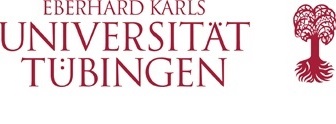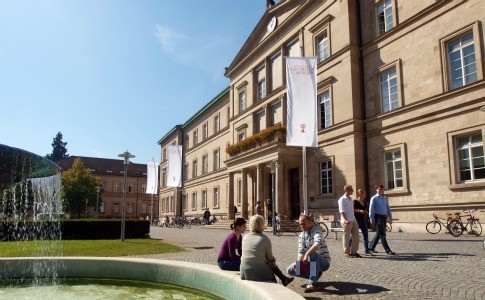University of Tübingen

University of Tübingen
MNU Co-ordinator: Dr Karin Moser v. Filseck ([email protected])
Website: http://www.uni-tuebingen.de/en.html

‘Innovative. Interdisciplinary. International. Since 1477.’ These have been the University of Tübingen’s guiding principles in research and teaching ever since it was founded. With this long tradition, the University of Tübingen is one of the most respected universities in Germany. Recently, its institutional strategy ‘Research – Relevance – Responsibility’ was successfully selected for funding in the Excellence Initiative sponsored by the German federal and state governments, making Tübingen one of Germany’s eleven universities distinguished with that title of excellence. Tübingen has also proven its status as a leading research university in many national and international competitions – in key rankings Tübingen is listed among the best universities for the Humanities and Social Sciences as well as for Science and Medicine.
With its broad spectrum of subjects, the University of Tübingen provides a wealth of opportunities for interdisciplinary collaboration. And such close cooperation on research extends beyond the University and around the world. The University of Tübingen has joint research projects at all levels with other institutions of higher education, with research institutes and with industry. It has established international branches with Dōshisha University in Kyoto, Japan, Peking University in Beijing, China, and Korea University in Seoul, Korea.
The University’s excellence in research offers optimal study conditions to students who come to Tübingen, combined with the opportunity to emphasize individual interests along the way. The attractive study environment is reinforced by many additional services, such as the Language Centre, interdisciplinary lectures in the Studium Generale and the state-of-the-art University Library. The University motto speaks for itself: Attempto – I dare!
Tübingen today remains a place of research and teaching. In addition to the nearly 86,000 inhabitants, there are some 28,500 German and nearly 4,000 international students. Some 539 professors and more than 5,000 other academic staff teach at the University’s seven faculties.
